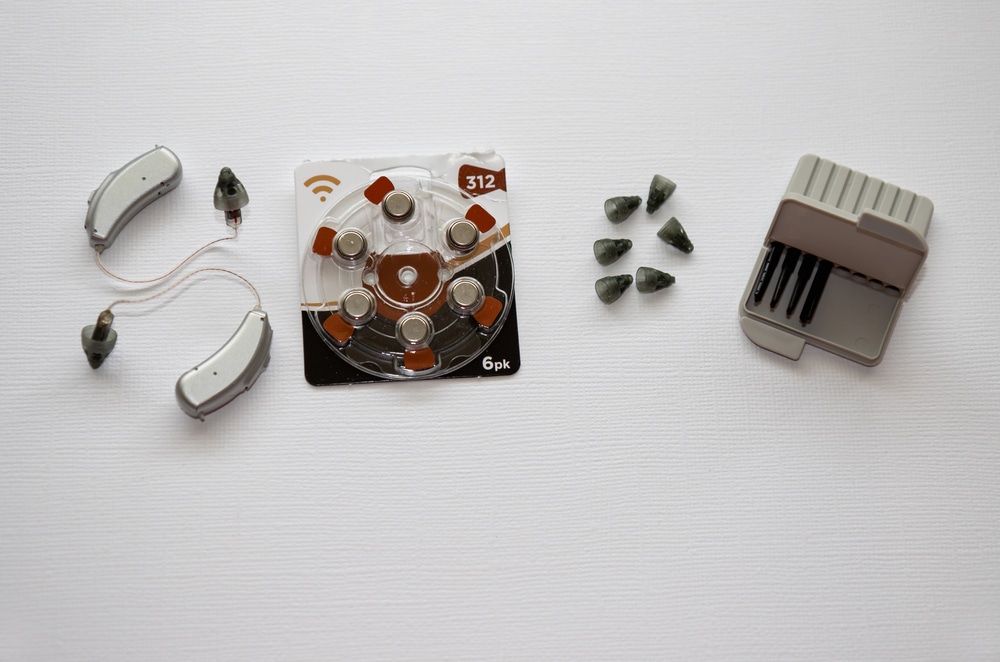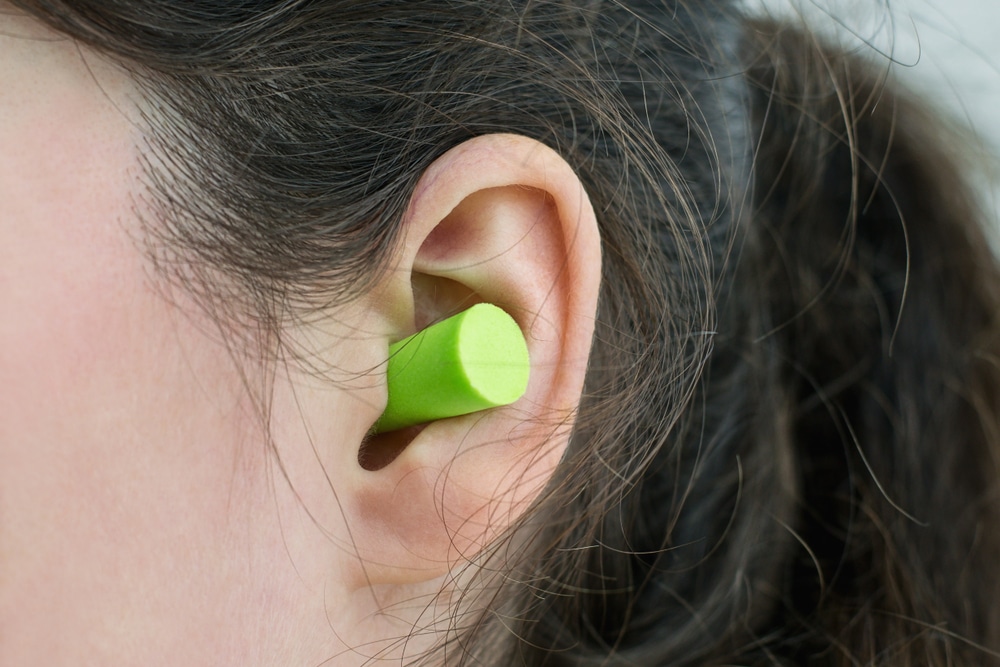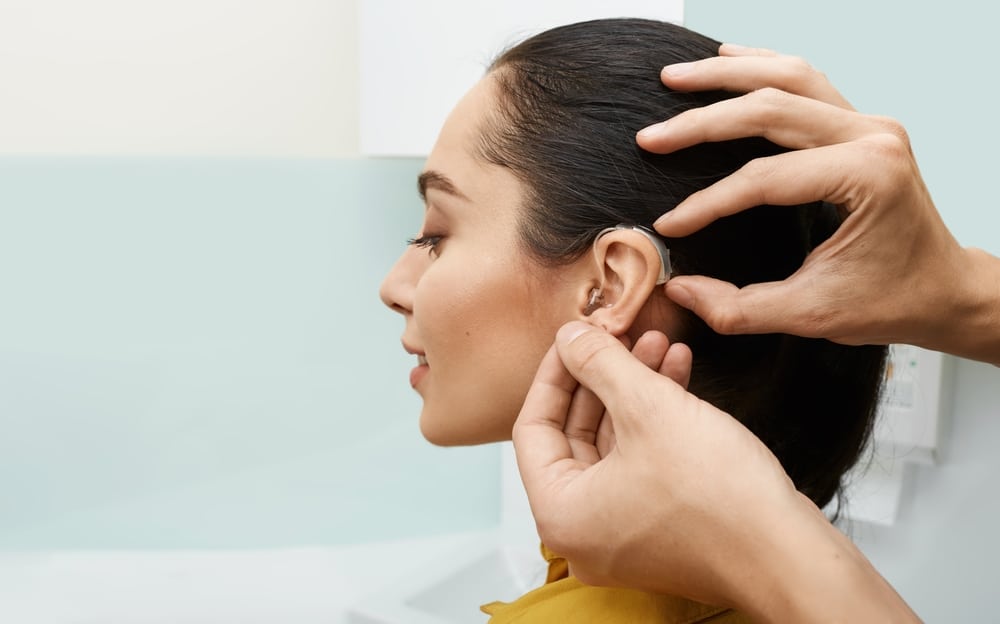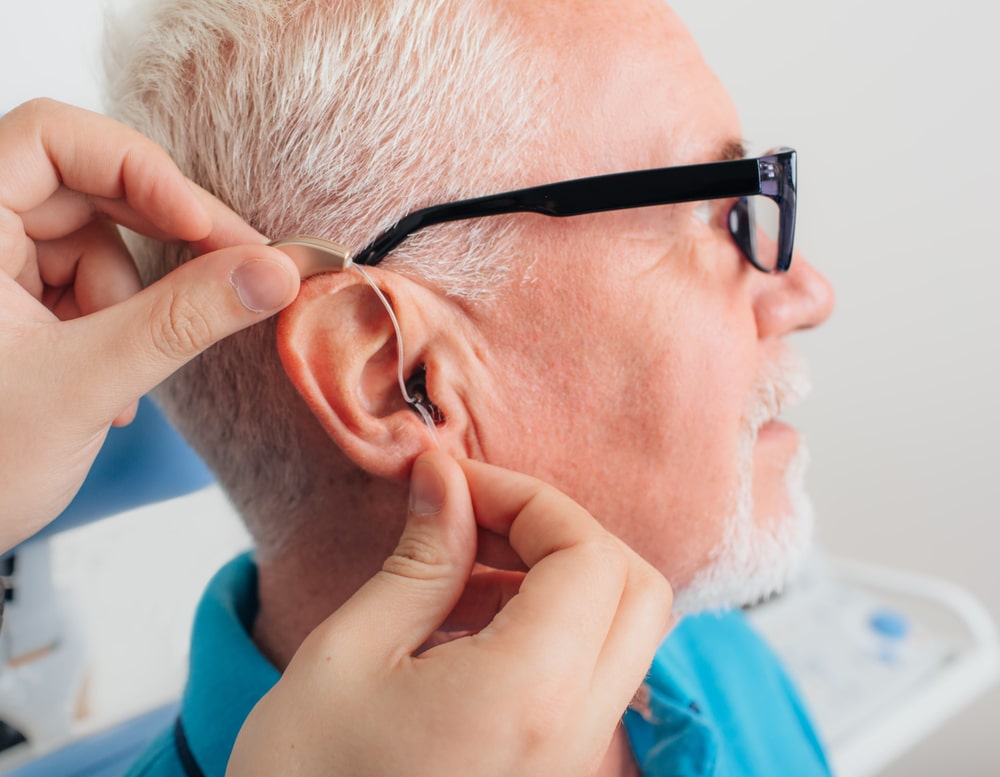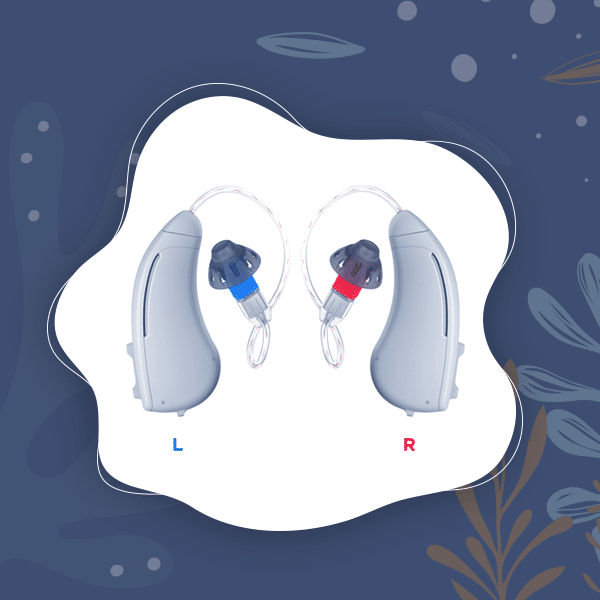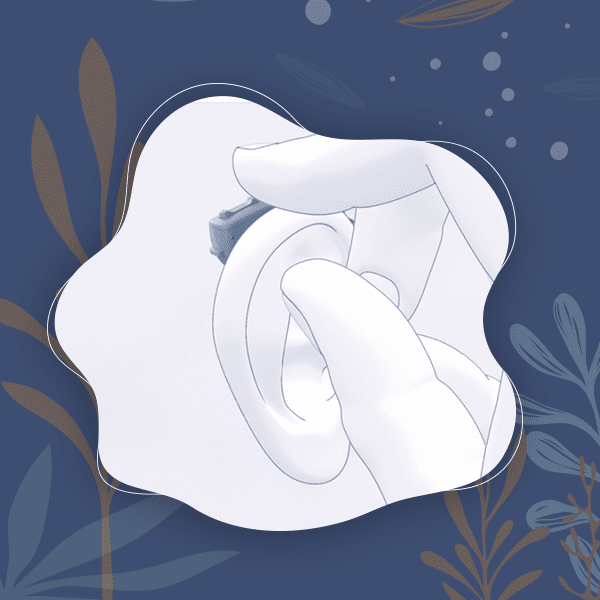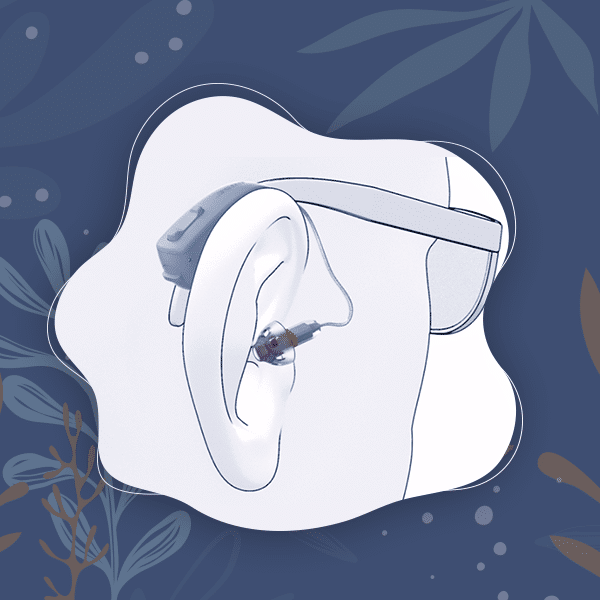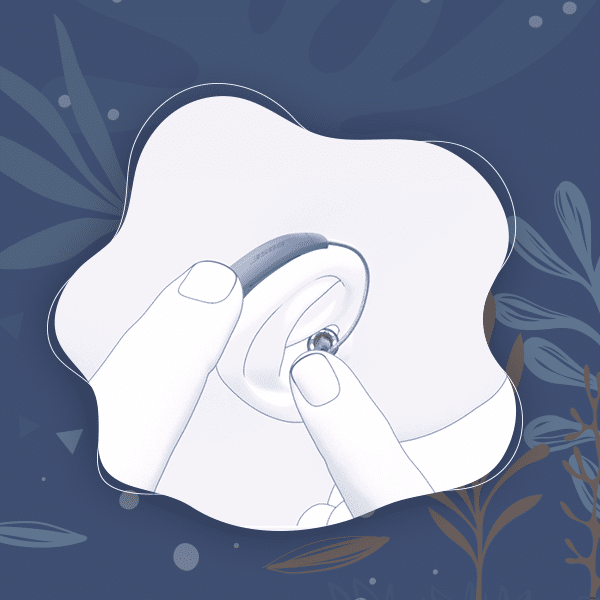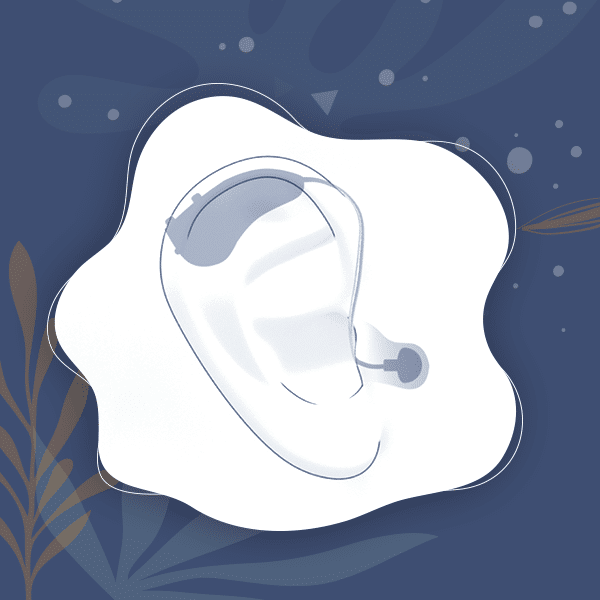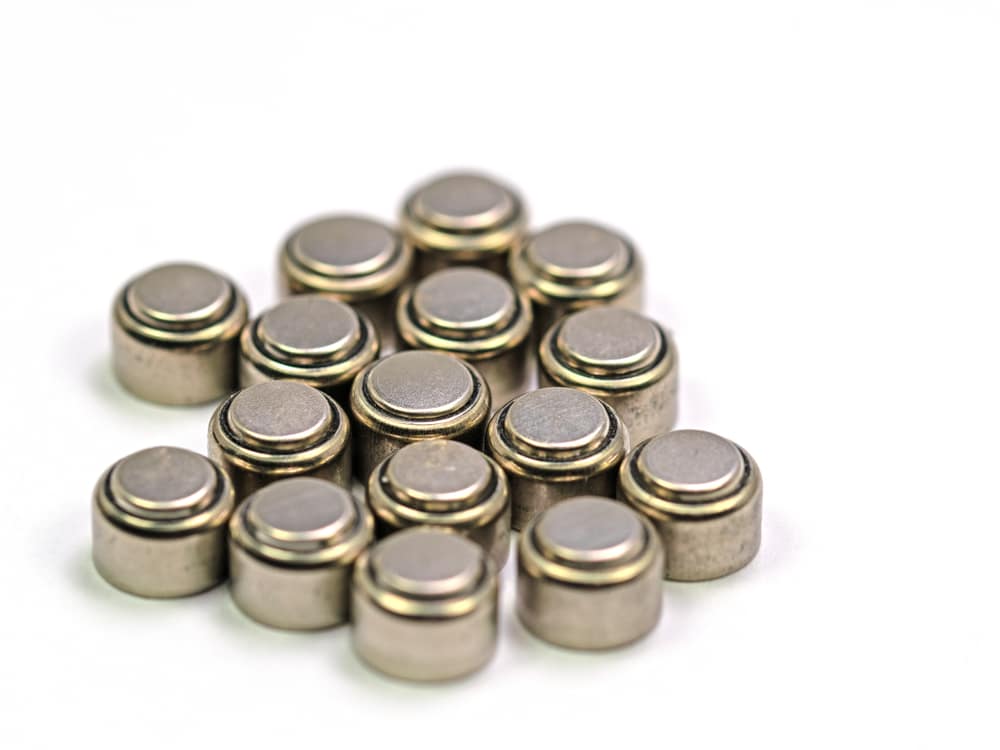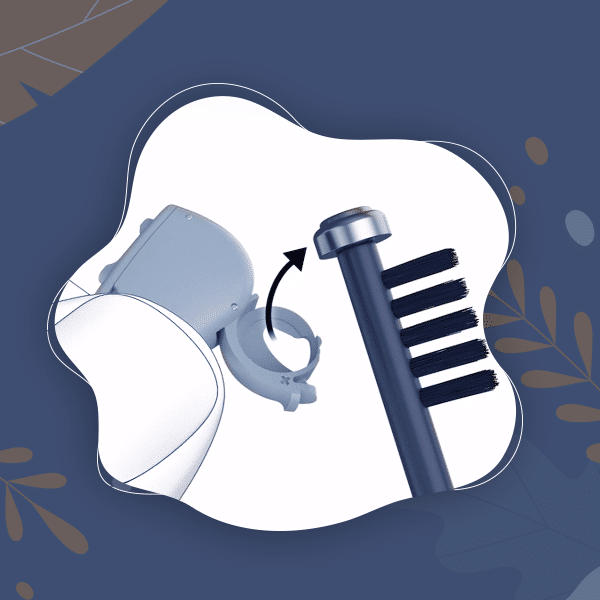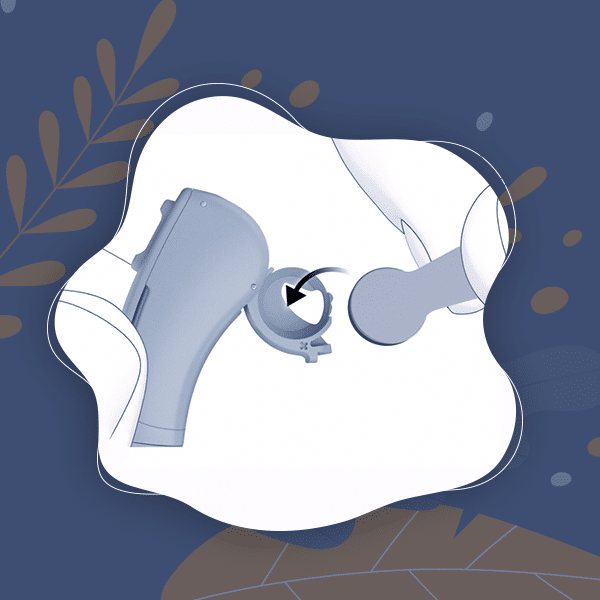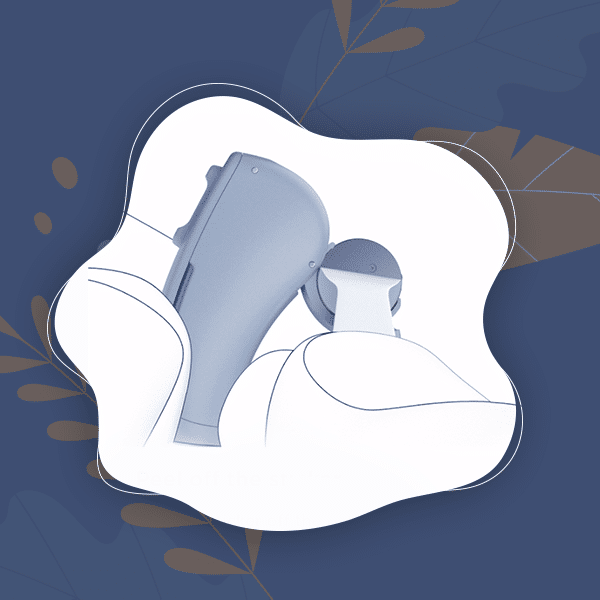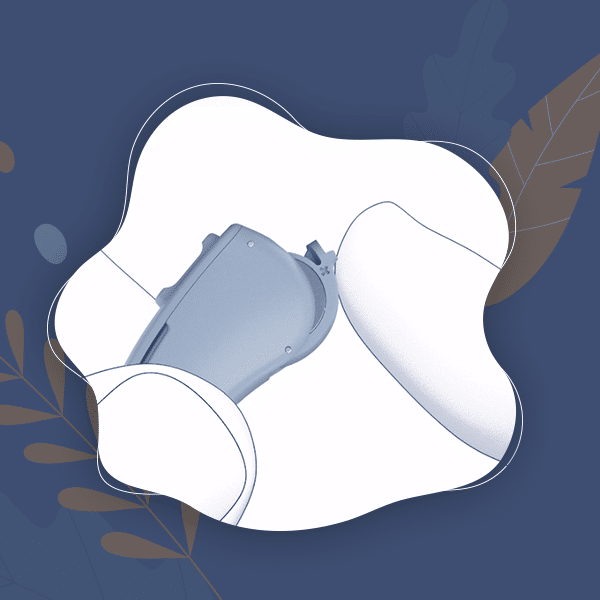Rock concerts and jet engines may be the most well-known measurements for sound levels that can damage hearing, but they’re by no means the only loud noises a person could encounter that lead to hearing loss. Everything from lawnmowers and chainsaws to headphones and sporting events can harm your hearing, and when your hearing goes, it goes for good.
Take action to protect your hearing health using these easy, actionable steps that many people may not know about.
1. Use Earplugs or Headphones Around Loud Noises
Many Americans have unavoidably loud workplaces or hobbies, such as people in manufacturing facilities or those who can’t get enough of live concerts. A rule of thumb you can use to find out if you’re in an overly loud environment is if you have to shout to be heard by the person next to you, you’re probably in a dangerous sound environment. In circumstances like these, a simple way to protect your hearing is to physically block the noise from damaging the delicate structures in your inner ear.
Earplugs are a convenient and widely available solution that can help protect your hearing. There are even custom pairs you can have fitted by our Doctor of Audiology, Dr. Rhee Nesson. Some musicians use specialty earplugs that have filters that allow people to still hear conversations and music clearly while reducing loud sounds’ impact on hearing health.
2. Lower The Volume
The people at risk of hearing loss aren’t just the elderly people normally associated with hearing aids. In fact, it’s estimated that millions of young adults and teenagers are at risk for noise-induced hearing loss due to how they use their headphones and other audio devices. Listening to music at loud volumes for long stretches at a time, whether through earbuds or speakers, can damage your hearing at a young age.
It’s recommended to only listen to music at no more than 60% volume for 60 minutes at a time, taking long breaks in between.
3. Don’t Use Q-Tips
Medical doctors and Audiologists have recommended for years to avoid using Q-Tips to clean out their ear canals. There is no medical reason to do so, as the ears naturally produce earwax to both protect the inner ear from dust and other particles, as well as to clean out the ear canal automatically.
Many people do suffer from excess earwax, but there are other, safer solutions to getting rid of it besides using Q-Tips. Ear wax removal fluids are readily available at the drug store to help soften earwax and let it flow out of the ear on its own. You can also gently clean just inside the canal with a soft, damp towel if needed.
4. Take Time to Recover From Loud Noises
If you know you’ve been exposed to hearing-damaging noise levels, don’t panic that you’re going to lose your hearing. Taking just a few minutes to step away from crowded, noisy bars or events throughout your time there lets your ears rest, helping to avoid doing long-term damage. In addition, after a loud night, research shows that your ears need about 16 hours of quiet to recover to their former function.
5. Keep Ears Dry
Moisture buildup in the ear canal can quickly lead to infection, as frequent swimmers could tell you. Aptly named Swimmer’s Ear and other infections can not only cause discomfort and a feeling of fullness but also damage hearing if not addressed. Fortunately, custom-fit earplugs known as swimmers’ earplugs are highly effective at blocking any water from entering the ear.
6. Manage Stress
A surprising culprit of some hearing conditions, such as tinnitus, is high levels of stress. Stress sends your body into so-called “fight or flight” mode, flooding the bloodstream with adrenaline to help you either fight or run away from a perceived threat. This activation affects everything from your nerves to body heat, and can even cause problems in the inner ear. If you have permanent or temporary tinnitus or ringing in the ears, it could be caused by high stress levels.
7. Stay Active
Exercise has a host of benefits for the body beyond simply building muscle or endurance. Studies have shown it’s also good for mental health, longevity, and, you guessed it, hearing. By encouraging healthy blood flow to all the parts of the body, you can help your ears get the nutrients and resources they need to stay healthy.
8. Get Regular Checkups
Your primary care physician can incorporate quick, simple hearing screenings into your regular physicals if desired, but it’s also important to get regular comprehensive hearing exams with a licensed professional, especially for people at a higher risk for hearing loss. This is because hearing loss develops gradually and is often left undiagnosed until it’s progressed far enough to disrupt a person’s lifestyle. Regular hearing checkups help ensure that we detect any hearing loss early, providing simple, personalized solutions that are right for your habits and budget.
Schedule A Hearing Checkup Today
Did you know that only 1 in 5 people who would benefit from a hearing solution like hearing aids actually uses one? This gap is troubling, especially considering factors such as the fact that hearing loss is demonstrably linked to increased risk of dementia and cognitive decline when not treated.
To find out if you are suffering from some degree of hearing loss, make the commitment of scheduling an appointment with the Hearing Doctors of New Jersey today. Get started by calling our office or contacting us online today.
To learn more about hearing loss and hearing aids, download our FREE Insider’s Guide on how to finally hear better.



